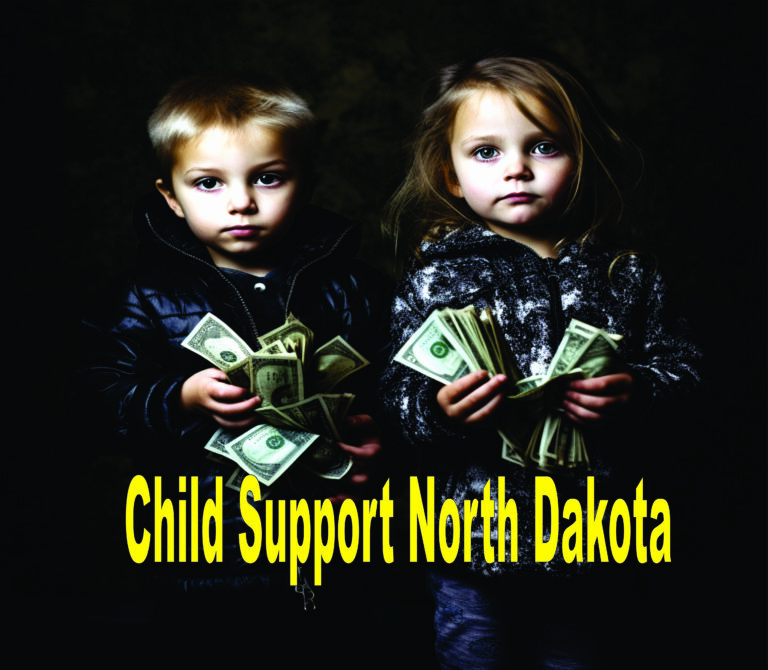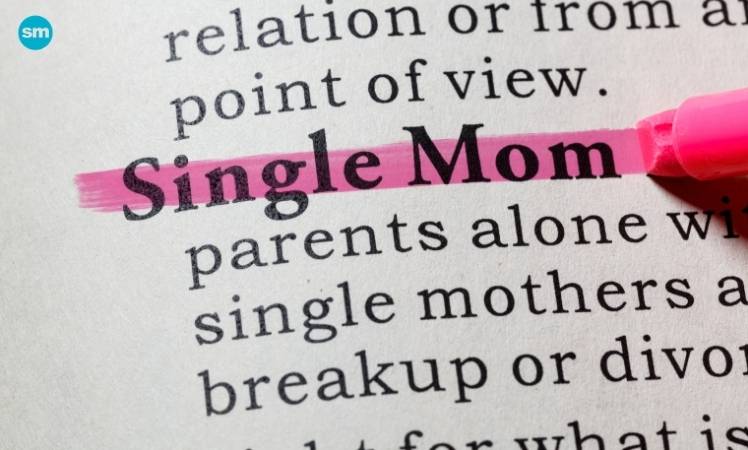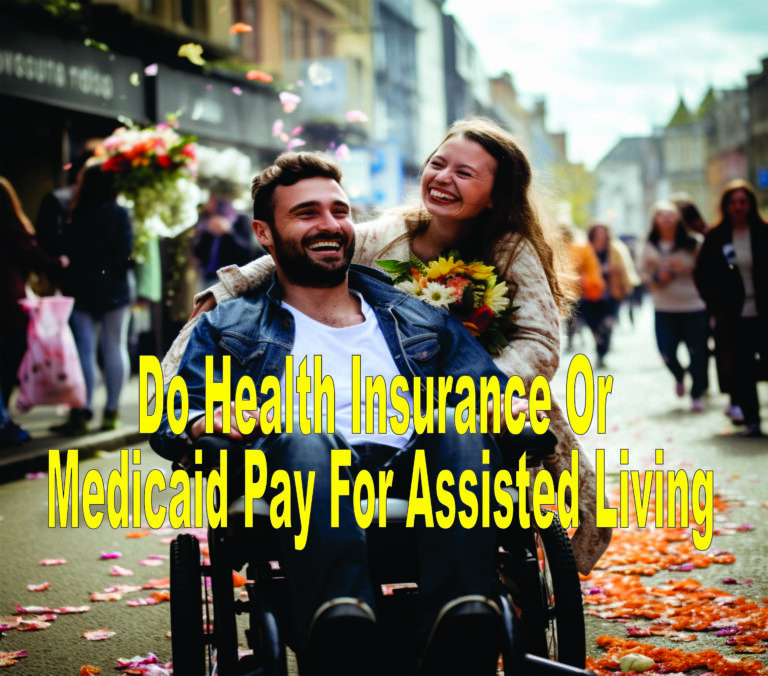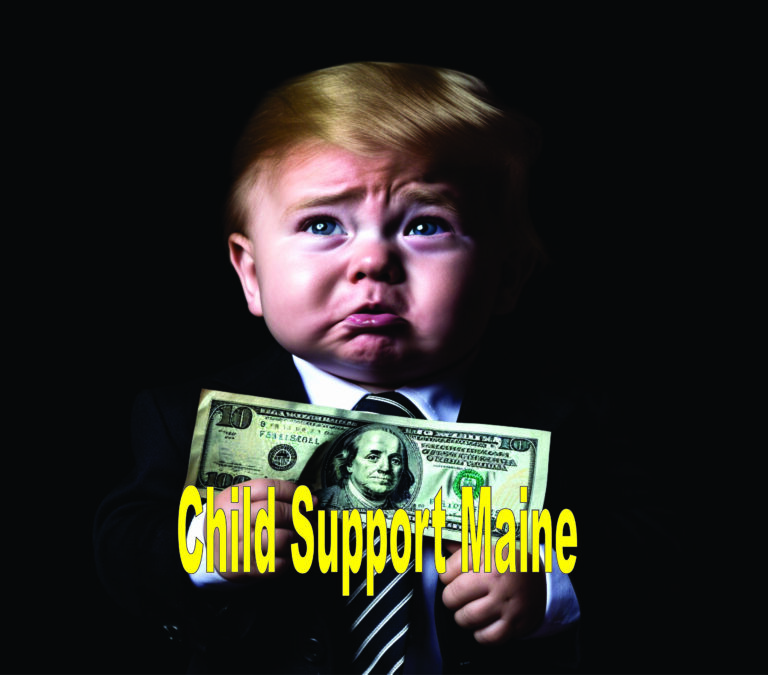Help for Single Mothers in Maryland
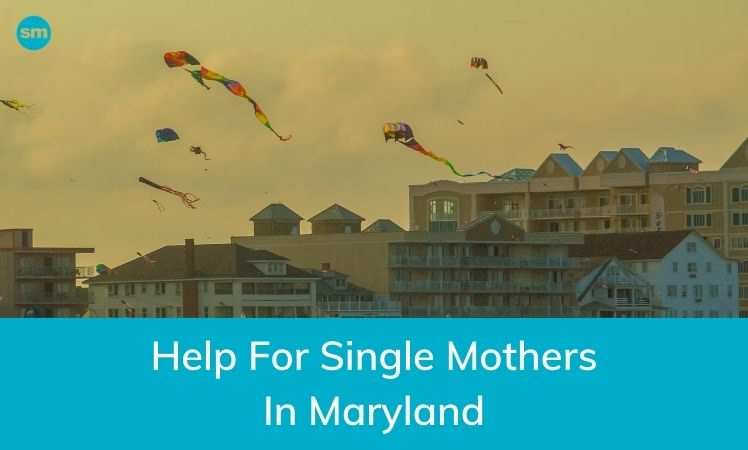
Last Updated on May 23, 2024 by Kathy
Maryland’s economy throughout the colonial era was based solely on tobacco. They use slave labor in the tobacco fields. Indentured workers also worked there, and after they were freed, they acquired plots of land to grow tobacco for the European markets. Within 60 years it had become a leading producer of men’s apparel and the US’s largest steel plant. Maryland continues to be the wealthiest state in the nation. Information technology, telecommunications, and aerospace and defense run Maryland’s economy. The state is a leader in biotechnology and has been at the forefront of mapping the human genome, as well as commercial applications that have resulted from this research. In this article, we will discuss further various assistance that could help single mothers and families in the state of Maryland.
Maryland Children’s Health Program
Maryland Children’s Health Program is a medical insurance program for uninsured minors under 19 years of age.
Children who do not have insurance and live in households with a higher income level may be eligible for MCHP premium. MCHP Premium has a requirement to pay a small fee. Unlike traditional health coverage, MCHP Premium premiums have an assessment by household and not per child. To get to know all the information, please visit their website.
Maryland Medicaid
Medicaid is available to many different people in Maryland. Maryland, as part of its health reform program, expanded Medicaid eligibility to almost all adults aged under 65 who had incomes below 138% of the Federal Poverty Level, or $1,436 a month for one person’s household in 2019.
To qualify for Medicaid, the applicant must meet Medicaid requirements. The state and federal laws determine the Medicaid eligibility requirements. Certain requirements, like income limits, can vary depending on different groups and household sizes. For example, pregnant women and children may qualify for higher income limits.
Maryland Supplemental Nutrition Assistance Program (SNAP)
In Maryland, the Supplemental Nutrition Assistance Program, also known as the Food Supplement Program, or Food Stamps in the past, is designed to help low-income families buy the foods they need to maintain good health. The Food Supplement Program is open to everyone.
Before receiving benefits under the Food Supplement Program, applicants must complete an application, undergo an interview, and meet all eligibility criteria, including financial and technical. Some people with little or no income may be eligible for Expedited Food Supplements.
To apply, you must submit an application to your Local Department of Social Services. You can also submit an application via mail, fax, or online at myDHR.
Maryland Energy Assistance Program
The Office of Home Energy Programs provides assistance with bills to low-income Maryland households to reduce their energy costs and help prevent loss of service and restore home energy. Office of Home Energy Programs offers three types of grants:
Maryland Energy Assistance Program (MEAP)
MEAP offers financial assistance for home heating bills. The customer is paid by the utility and fuel companies.
Electric Universal Service Program (EUSP)
EUSP offers financial assistance for electric bills. Customers who are eligible receive financial assistance that covers a portion of their electric bills. Electric Universal Service Program customers are put on a budget plan by their utility. Utility companies offer budget billing to spread out the year’s utility bills over equal monthly payments. This helps to prevent spikes in bills due to seasonal fluctuations in energy usage.
Arrearage Retirement Assistance
Customers with large past-due gas and electric bills can benefit from this program. Customers who qualify may be eligible to receive up to $2,000 in forgiveness towards their past-due bills.
Utility Service Protection Program (USPP)
USPP protects low-income families against utility shut-offs in the heating season. The Utility Service Protection Program is open to all Maryland Energy Assistance Program customers. The program requires that you have a budget for the entire year, or even monthly.
Howard P. Rawlings Guaranteed Access (GA) Grant
The Rawlings Guaranteed Admission Grant, funded by the State of Maryland, offers financial aid to eligible Maryland students that can cover up to $19,400 in full-time tuition at any Maryland public or private university or college.
For consideration for a Guaranteed-Access Grant, you must submit the Free Application for Federal Student Aid(FAFSA) by April 1, or March 1 for priority consideration.
Howard P. Rawlings Educational Assistance (EA) Grant
This is also a need-based grant, but it is less generous. The minimum award is $400 per year and the maximum is $3,000 Due to limited funds, the applicants with the lowest EFC will be awarded first.
The amount of the actual grant is determined using a formula that takes into account the expected contribution from family members, the state scholarship awarded, and any Pell Grant funds received.
Maryland Unemployment Insurance
Unemployment Insurance provides benefits to those who are unemployed without fault and are willing, able, and ready to work. They also provide assistance to those who are actively looking for work.
The Maryland Unemployment Insurance Act provides a weekly benefit of between $50 and $430. You can file a claim by phone or online. You can submit your claim by phone, or submit it online at the Maryland official website.
Maryland Renters’ Tax Credit Program
The Renters’ Tax Credit Program is modeled after the Homeowners’ Tax Credit Program (also known as Circuit Breaker Program) and provides property tax credit for renters that meet certain requirements. Rent in Maryland is skyrocketing. The program offers financial assistance of up to $1,000 annually to low-income tenants.
To request an application or to schedule a phone appointment, call
SOAR Financial Counselor
443-961-6220
Bottom Line: Help For Single Mothers In Maryland
There is a big variety to choose from when it comes to asking for assistance. The federal government and nonprofits work hard to support the community they are in, the best that they can. To learn more about other assistance offered to help single mothers in the state of Maryland, visit these articles:

